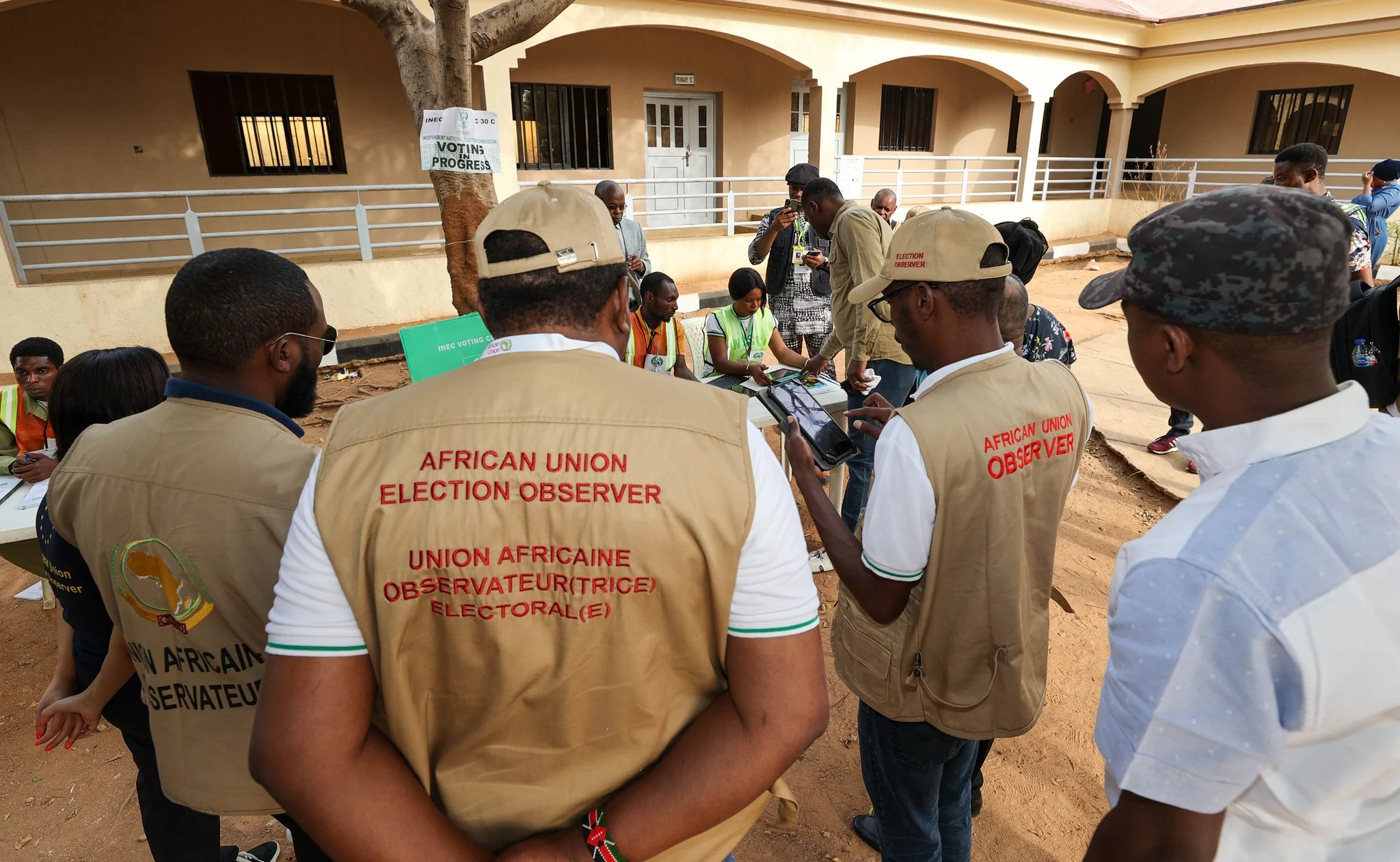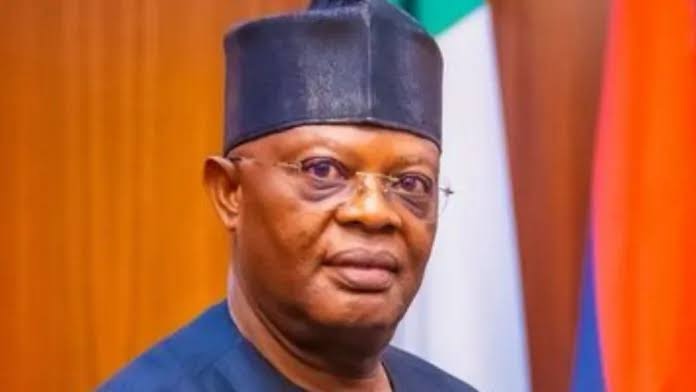The avowed influence of foreign and local election observer and monitoring groups will again be put to test in the coming Edo State governorship election which holds on Saturday, September 21, amidst heightened suspicions and finger pointing across political parties and other establishments, including the umpire body and law enforcement.
The presence of observer groups at election venues, pundits say, to a significant extent influences fair conduct and conformity with the rules by participants, umpires and agents involved.
This is as 134 accredited observer groups are set to monitor the epochal event.
The 134 observer groups have been accredited by the Independent National Electoral Commission (INEC) to monitor the governorship elections in Edo and Ondo states. Of the number, 124 are home-based, while 10 are international.
The international groups include the African Union Development Agency, the British High Commission, First Foster Care Foundation Inc, the High Commission of Canada, the International Foundation for Electoral Systems, the International Police Chaplain Sustainable Development and Law Enforcement Inc, the National Democratic Institute, the Pan African Women Project and the United States Embassy in Abuja.
The local groups include Accountable Leadership Nigeria Initiative, Action Aid Nigeria, Advocacy for Advancement of Peace and Harmony in Africa Initiative, Advocacy for Quality Leadership and Health Awareness Foundation, Advocacy for Harmonious Society, Africa Is Ready to Lead Foundation, Amazons Women of Substance, Building Blocks of Peace Foundation and Yiaga Africa Initiative.
In a report on the value of election observation and monitoring on its website, the United Nations states that election observation is a valuable tool for improving the quality of elections, that observers help build public confidence in the honesty of electoral processes and that observation can help promote and protect the civil and political rights of participants in elections.
“When observers can issue positive reports, it builds trust in the democratic process and enhances the legitimacy of the governments that emerge from elections,” the UN says in the report.
“Election observation by domestic groups encourages civic involvement in the political process,” it says, adding that “following elections, reports and recommendations by observer groups can lead to changes and improvements in national law and practice”.
The UN further states, “Election observation by the United Nations or other intergovernmental organisations can be especially helpful when domestic observer organisations do not have sufficient strength or resources to organise effective monitoring efforts, or when the impartiality of domestic observers is in question, as may often be the case in post-conflict countries or new democracies.”
It is further says that election monitoring involves the observation of an election by one or more independent parties, typically from another country or from a non-governmental organisation (NGO). The monitoring parties aim primarily to assess the conduct of an election process on the basis of national legislation and of international election standards.
Monitors do not directly prevent electoral fraud, but rather record and report instances of suspicious practices, it is said.
The monitoring may serve to disincentivise, prevent or minimise practices that undermine election quality, as well as election-related violence.
While election observation increasingly looks at the entire electoral process over a long period of time, rather than at election-day proceedings only, the legitimacy of an election can be affected by the criticism of monitors, unless they are themselves seen as biased, it is reported.
On the procedure for election monitoring, the Parliamentary Assembly of the Organisation for Security and Co-operation in Europe (OSCE PA), says that before the election, observers review the country’s election-related legislation; candidate, party and voter registration; campaign activity; media coverage; election administration; and the handling of electoral complaints and appeals.
The OSCE PA says observers, which include parliamentarians, receive briefings from government, political parties, civil society and media representatives and that on election day, observers monitor the opening of polling stations, checking whether ballot boxes are empty and properly sealed, and whether all ballots are accounted for.
Throughout the day, observers monitor how voters are processed, the accuracy of voter registries, and whether voters are able to vote in secret and free from intimidation.
Visiting an average of ten polling stations on election day, observers carefully monitor the conduct of the election, including the counting of ballots, handling of spoiled or unused ballots, and the transmission of polling station results to a regional election body.
Parliamentarians rely on these election day observations, their substantive briefings, and their own electoral experience to objectively analyse the election and draw an overall preliminary conclusion about the election.
The presence of parliamentary observers at elections emphasises the importance of legislatures to provide a balance to executive authority. As politicians who have stood for elections themselves, parliamentarians have particular expertise in political campaigns and electoral processes, bringing added credibility to the conclusions of observation missions.
The participation of the parliamentarians in observation efforts also brings added international visibility, as parliamentarians are often sought out by journalists from their home countries to express their expert opinions. As Members of Parliament, they are also in an excellent position to relate their experiences directly into policy circles in their national parliaments.


